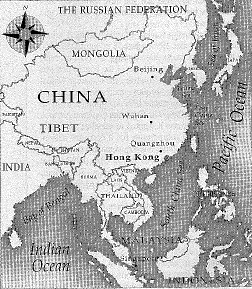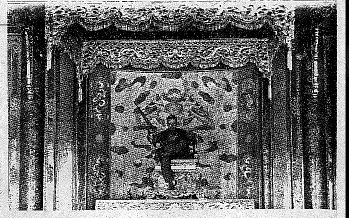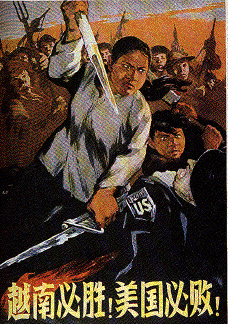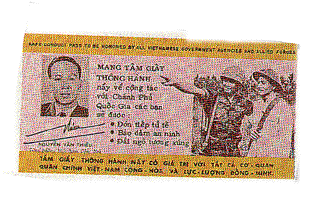
From January to September 1966 I was a platoon leader
in the U.S. Army serving in the Republic of Viet Nam.
Ever since, I have had a consuming interest in the history of that country
and of the undeclared war that America fought and lost there
against Ho Chi Minh's Communists.
In these pages I hope to discuss a number of topics
that have long fascinated me.


